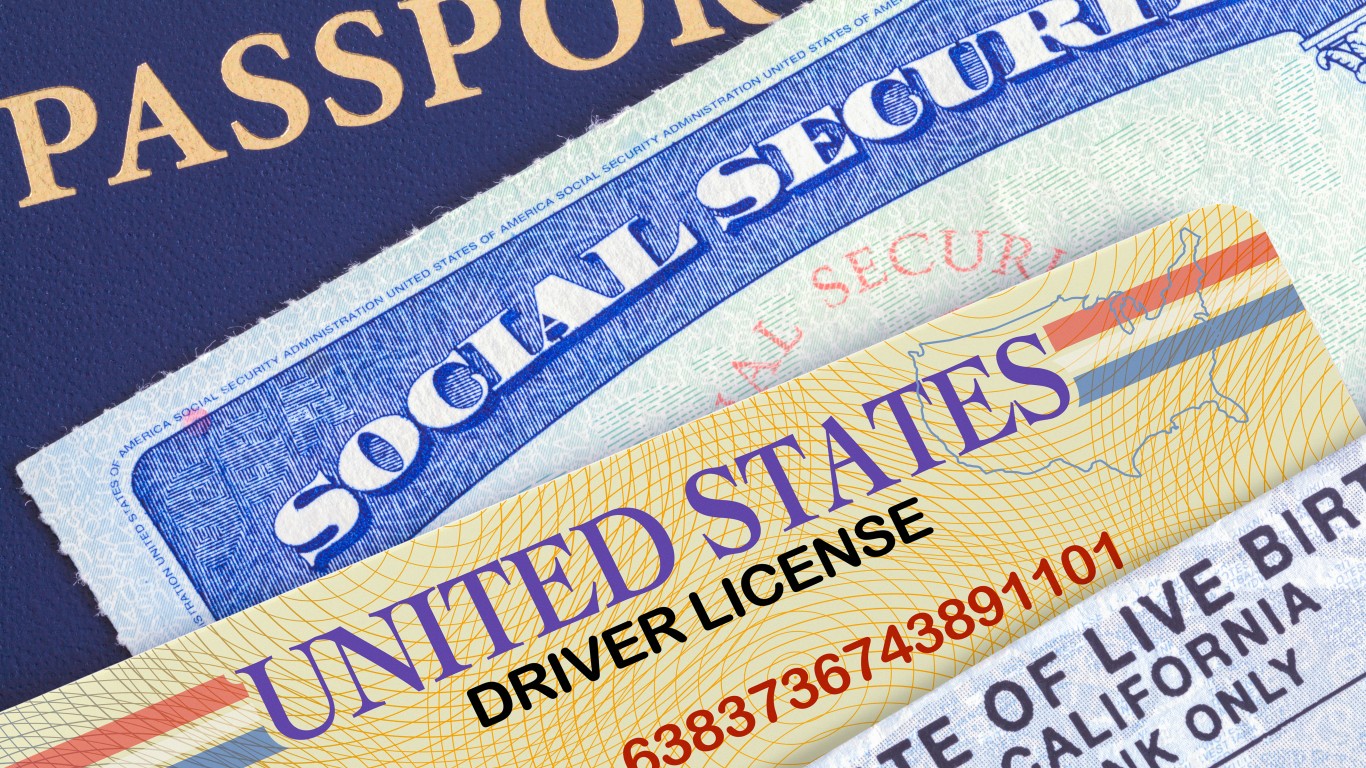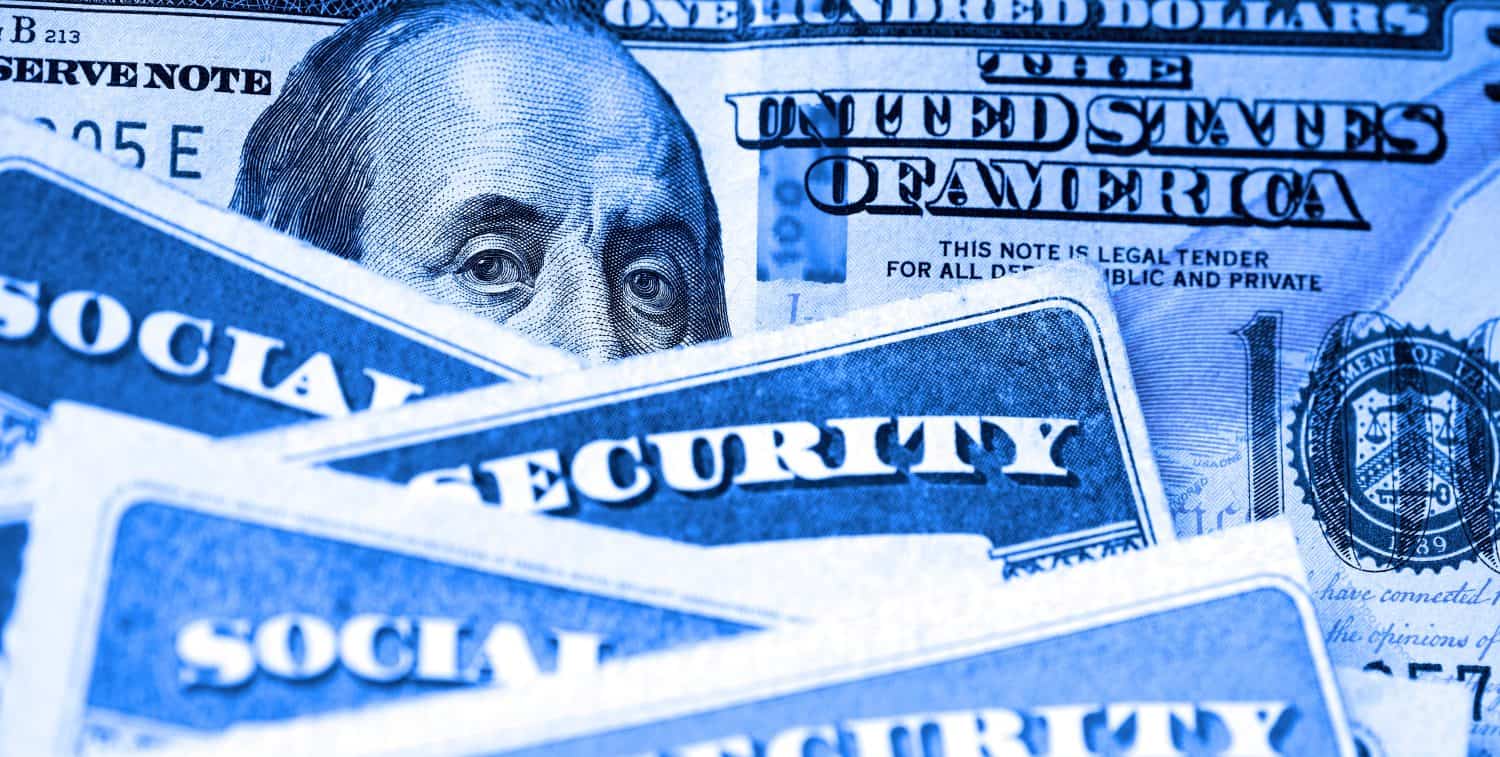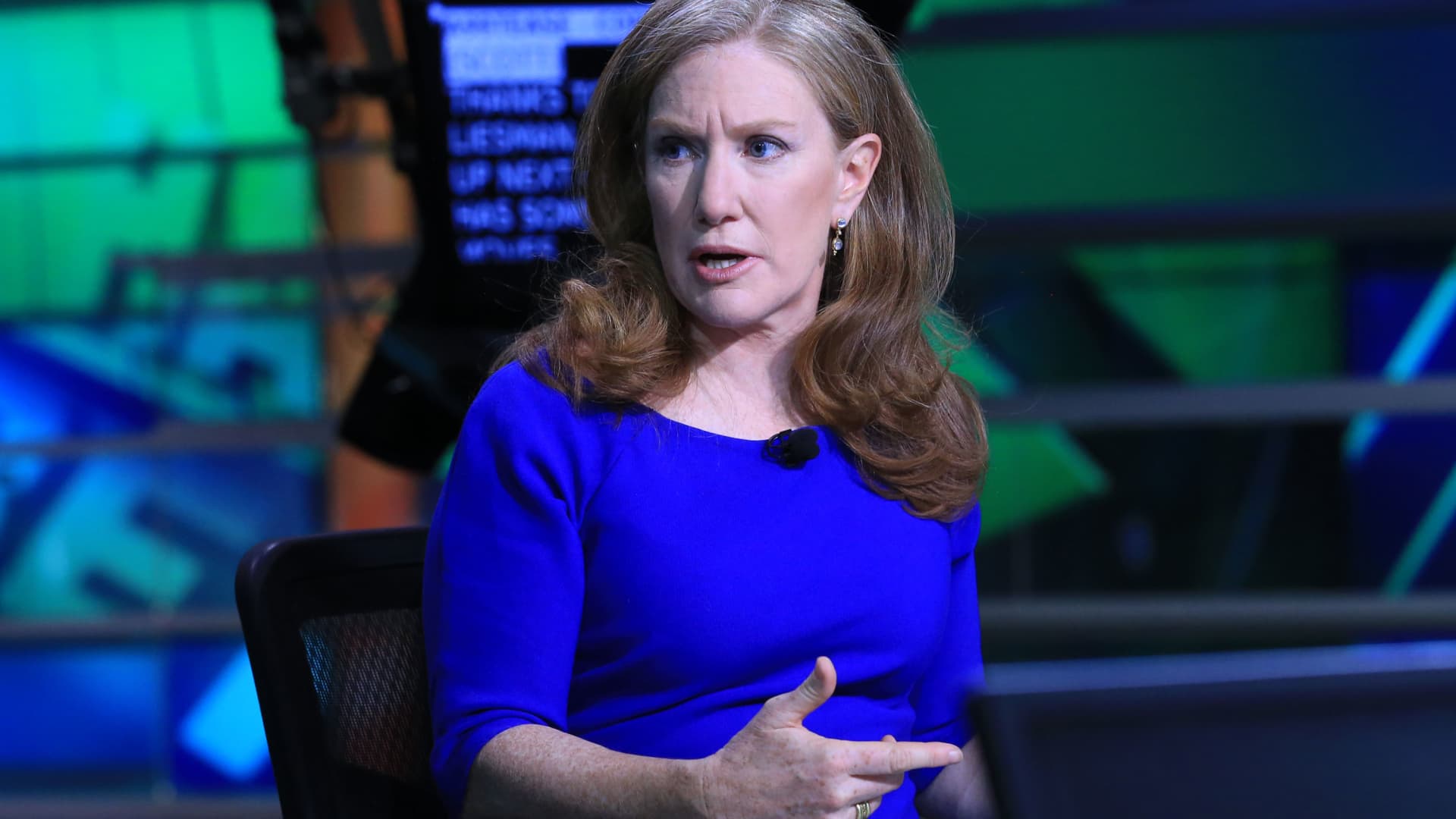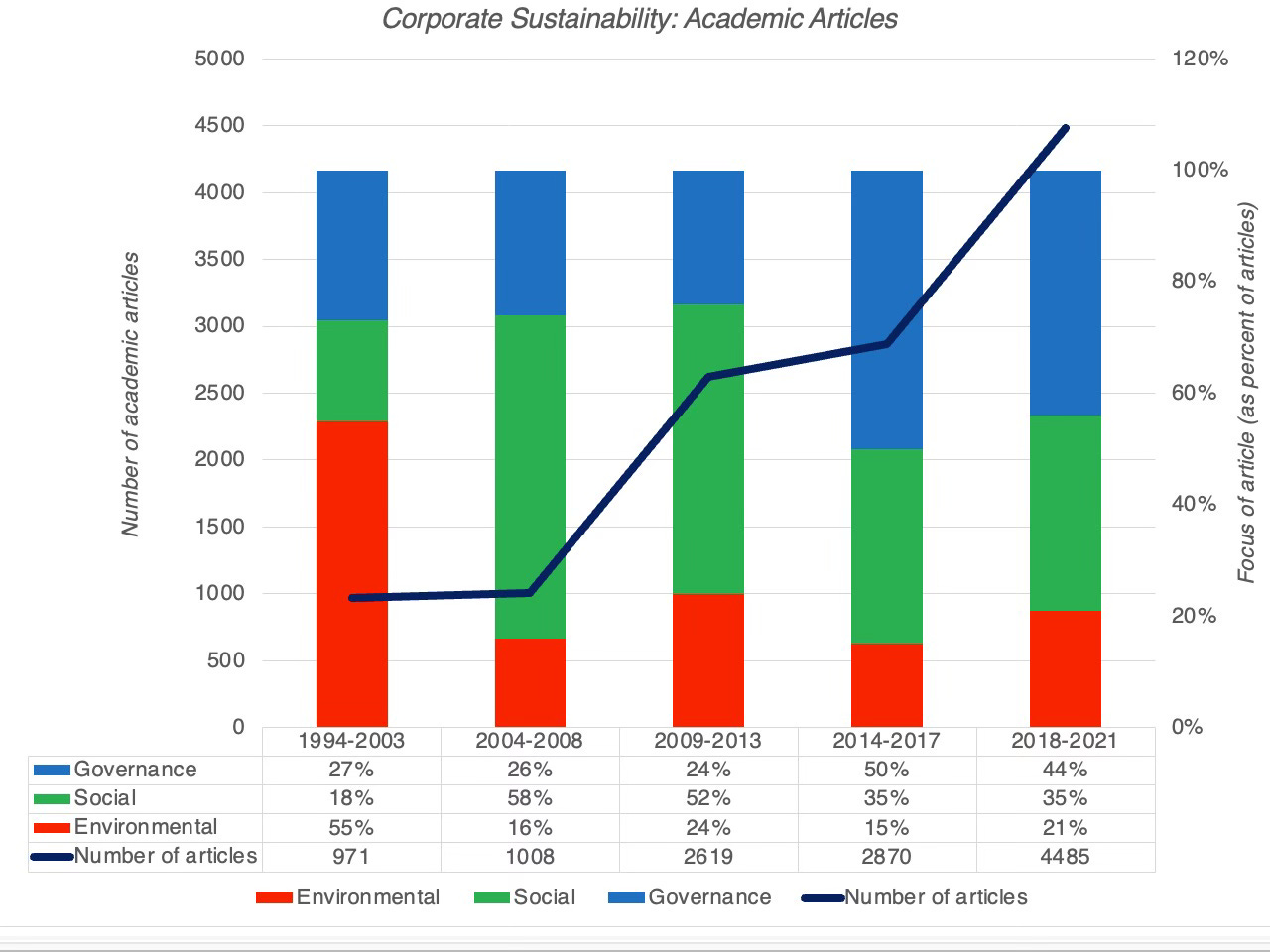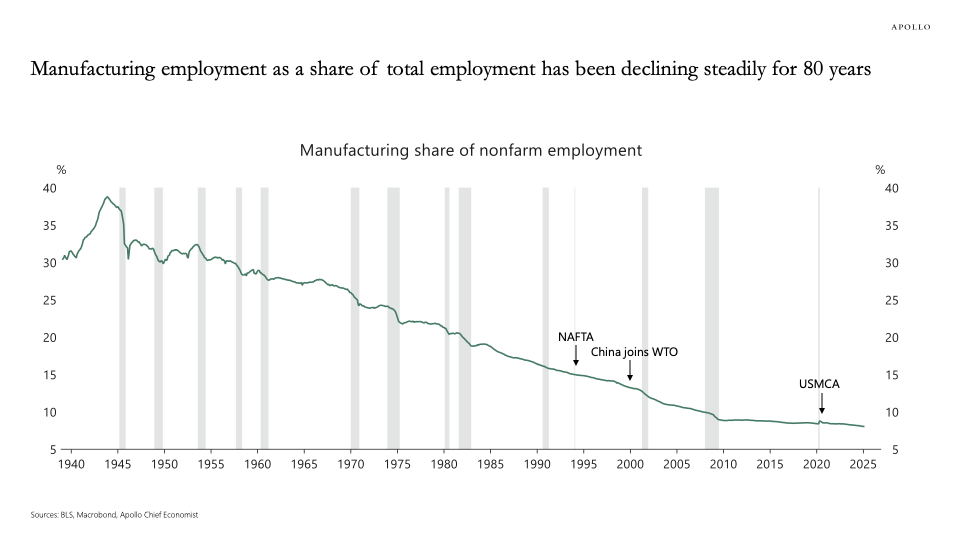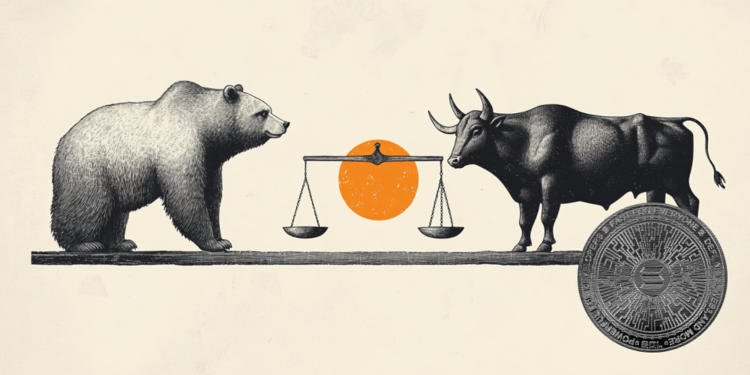Retiring With Money? Don’t Expect to Take Home Your Social Security Checks in Full
There are many people who unfortunately reach retirement age without so much as $1,000 saved for their senior years. But if you were a good saver throughout your career, you may be in a much different (and more positive) boat. In fact, you may be retiring with a nest egg worth $1 million. That doesn’t […] The post Retiring With Money? Don’t Expect to Take Home Your Social Security Checks in Full appeared first on 24/7 Wall St..

Key Points
-
If you have income outside of Social Security, you probably won’t get to keep your benefits in full.
-
Social Security benefits are subject to federal taxes at fairly low income thresholds.
-
President Trump wants to get rid of those taxes, but there’s likely to be too much backlash if that were to happen.
-
Are you ahead, or behind on retirement? SmartAsset’s free tool can match you with a financial advisor in minutes to help you answer that today. Each advisor has been carefully vetted, and must act in your best interests. Don’t waste another minute; get started by clicking here.(Sponsor)
There are many people who unfortunately reach retirement age without so much as $1,000 saved for their senior years. But if you were a good saver throughout your career, you may be in a much different (and more positive) boat.
In fact, you may be retiring with a nest egg worth $1 million. That doesn’t mean you’ll be spending your retirement driving fancy sports cars and taking luxury vacations every other month. But it probably means you’ll be able to manage your bills relatively well.
That said, you should know that if you’re retiring with a meaningful amount of money, there’s a good chance you won’t get to keep your monthly Social Security benefits in full. Here’s why.
There’s a tax surprise awaiting retirees
Many seniors are shocked to learn that Social Security benefits are taxable at the federal level. And the worst part is that the income thresholds at which those taxes apply are very low.
If your tax-filing status is single, you face taxes on Social Security once your combined income goes above $25,000. If you’re married filing a joint return, you’re looking at taxes on Social Security once your combined income rises above $32,000.
And if you’re wondering what combined income is, it’s the total of your adjusted gross income, any tax-exempt income you receive, and 50% of what Social Security pays you each year. As you can see, though, it doesn’t take a very high income to wind up owing the government a portion of your Social Security check each month in retirement.
Getting back to our example, let’s say you have $1 million in saving and you withdraw from your nest egg at a rate of 4% per year. That gives you $40,000 a year.
Let’s say your only other income source in retirement is Social Security. If your monthly benefit is similar to the average one today, it means you’re getting about $2,000 a month, or $24,000 per year.
Now only half of that counts toward your combined income, so that’s $12,000. But when we add $40,000 from your savings, you’re at $52,000. So whether you’re single or married, it doesn’t matter — you’re on the hook for taxes on your Social Security benefits.
A rule that could be going away
A lot of seniors are unhappy about having to pay taxes on their Social Security benefits. Some even argue that it’s a form of double taxation.
After all, the way to qualify for Social Security in retirement is to pay taxes on your wages while you’re working. So to then have to pay taxes on the benefits that come as a result of paying into the system seems unfair.
President Trump happens to agree. As part of his campaign last year, he pledged to try to eliminate taxes on Social Security. And he’s pushed that agenda since taking office as well.
The problem, though, is that Social Security relies on taxes on benefits for revenue. If those taxes go away, Social Security will lose out on money it needs to keep up with scheduled benefits.
As it is, Social Security is facing benefit cuts if lawmakers don’t find ways to find more money for the program. So to take away a big chunk of it seems like it would be a disastrous move.
For this reason, it’s best to assume that you’ll have to pay taxes on your Social Security benefits if you’re retiring with a decent amount of money. The better you plan for that, the less those taxes might interfere with your finances down the line.
The post Retiring With Money? Don’t Expect to Take Home Your Social Security Checks in Full appeared first on 24/7 Wall St..




































